Our Resources
Talking Mats can be carried out in person using a physical mat and cards, or in a digital space, for example a tablet, laptop or computer for which we have created one of the best web apps for communication disability. Unless otherwise stated, all the resources on this page are available in both card and digital formats. Below you can see what a Talking Mat is, why it works, and the resources which make it unique.
The Resources
- – Health and Wellbeing
- – Consulting Children and Young People
- – Social Care
- – Talking Health and Housing
Post-training Resources
Health and Wellbeing
The Health and Wellbeing resource contains four packs which are based on the World Health organisation International Classification Framework (ICF). These packs include 13 topics to explore various aspects of an individual’s health and wellbeing. The resource is sub-divided into the following packs and topics:
Communication



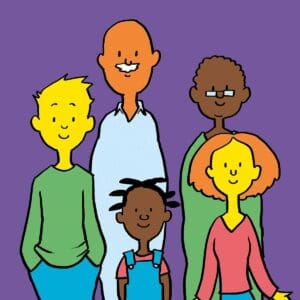
Looking after yourself



Health

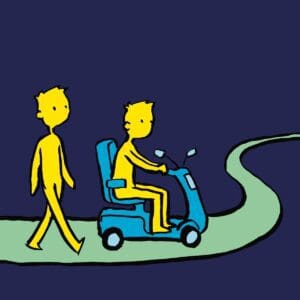
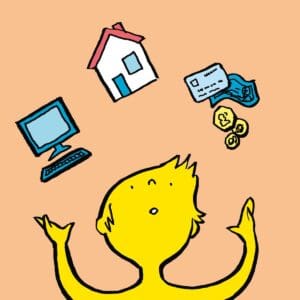
Leisure and environment

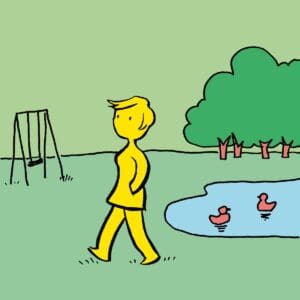

Consulting Children and Young People
These packs are based on the World Health Organisation International Classification Framework (ICF) and are designed to give a holistic picture of how a child or young person feels about their lives at home at school and in their communities. They take into account the significant developmental changes that occur from 3 to 17 years, as well as the influence of environmental and personal factors surrounding the child or young person.
There are three sets available:

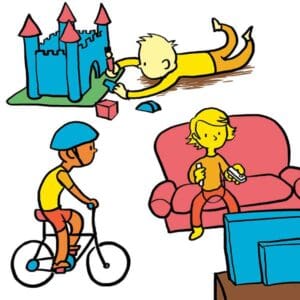
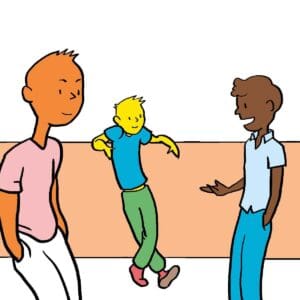
The sets are divided into three topics:



With this set you can explore how the child is growing and developing, by focussing on the functions of the body, as well as skills that are emerging. You can gain an impression of how the child feels he or she is progressing physically, socially, cognitively and behaviourally.
This set focuses on at the child’s lived experience by asking about the activities they participate in, as well as how they feel about the support they receive.
The communities in which children grow up have a significant impact on the well-being of both children and families. This set supports discussion about the child’s wider world, exploring the impact of nursery or school, as well as the support system available to them.
Talking Mats prompts you to cover the relevant topics for the age group you are working with. You can help children and young people to see their personal strengths and abilities; and take time to consider what their problem areas are, as well as what their aspirations might be.
Social Care
This resource set was designed particularly for individuals in care and supported living settings. It gives a helpful overview of their life, focusing on 3 topics:

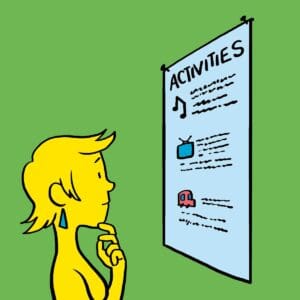

Back to top
Talking Health and Housing (Digital only)
This resource supports social housing tenants with communication difficulties to say what they think about both their Housing and Health and to improve communication between social housing tenants and health professionals.
This resource is currently only available online on Digital Talking Mats. If you would like to subscribe to our online platform, visit our shop.
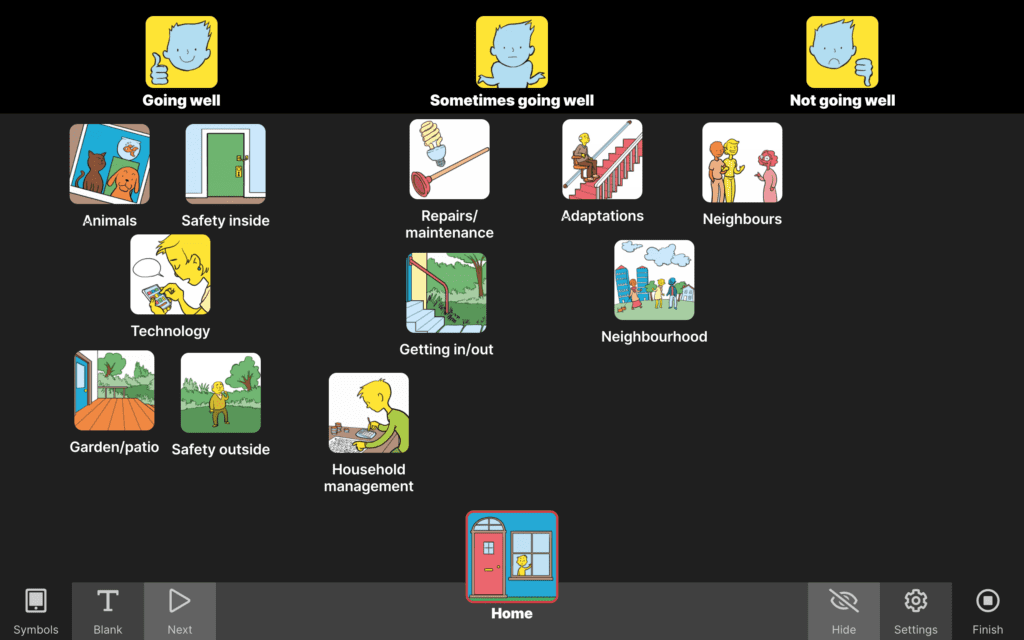
This resource was developed in partnership with tenants and staff from Loretto Housing and Care, Stirling University, Napier University and Age Scotland. You can read more about the impact this resource can have on people’s lives here.
Post-training Resources
These advanced resource sets are only available to those who have completed our Talking Mats Foundation Course.
Eating and Drinking
This resource has been co-produced with the help of people with eating and drinking difficulties and a range of different professionals. It is designed to help people think about, discuss and make informed decisions about how to manage their eating and drinking more safely.



People with eating and drinking difficulties should initially be assessed by a qualified Speech and Language Therapist and Dietitian who will recommend appropriate strategies to help them eat and drink safely.
This resource is particularly useful in helping people understand the effect that their eating and drinking difficulties can have on their health. It also helps people talk about how they feel about recommended strategies.
Keeping Safe
This resource provides a structured framework to find out how someone feels their life is going and gives them the opportunity to raise any concerns. Developed originally with adults with a learning disability it has also been found relevant to young adults with acquired neurological disorders and young people particularly with mental health issues.
This resource is divided into three topics:



Practitioners can also access our online Keeping Safe advanced course to support them to use this resource.
- If you would like to book onto a Keeping Safe advanced course and also receive the Keeping Safe symbol sets click here.
Thinking Ahead
This resource was developed with Strathcarron Hospice and supports planning for end-of-life care. It can be used to encourage and support conversations about the following 3 topics:
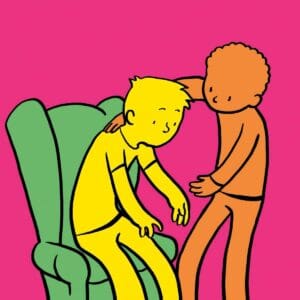


Youth Justice
This resource was developed with Greater Manchester Youth Justice Service to help enable conversations about subjects linked to a young person’s offending. It consists of 3 topics:
Places and Spaces: This Topic supports conversations about the places and spaces where the young person feels safe, giving an understanding of wider antisocial behaviour and helping to target preventative support.
Relationships: This topic addresses the dynamics in a relationship aiming to support assessments around sexually harmful behaviour.
My Youth Justice Experience: This topic focuses on exploring the young person’s satisfaction with the service
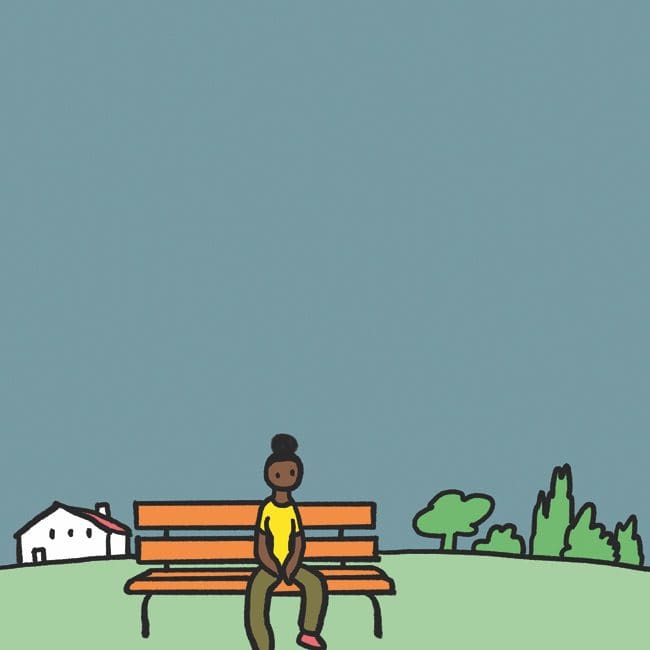
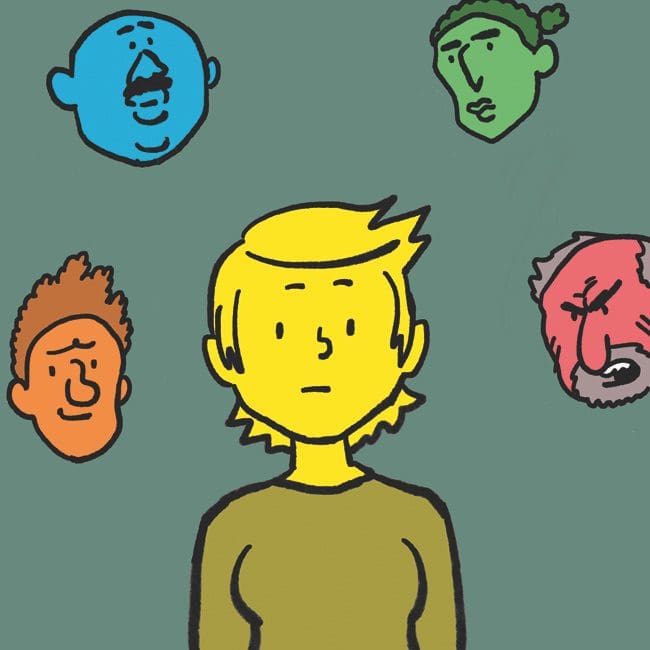
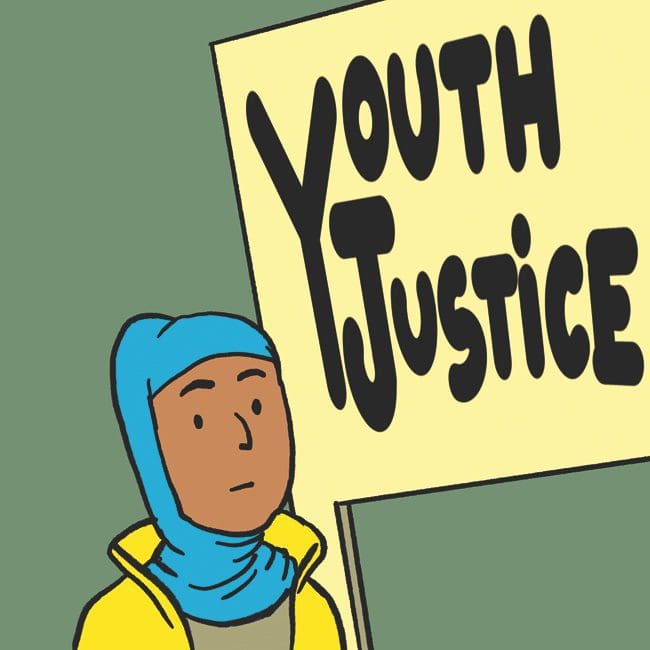
Careers, Work and Employment
This resource was developed through several projects in different settings including with long-term unemployed, school settings, and in career settings. Testing for the final resource was carried out with Autism East Midlands, Sutherland School, as part of their support to pupils transitioning from school.
It provides a visual framework to help enable conversations around future employment choices and preferences. It consists of 3 topics;
Readiness for Work – this topic helps explore the thinker’s readiness for work in terms of their health and well being and includes options such as; travelling, coping with sensory environments, support networks.
Skills – this topic allows the thinker to consider their capability to work. It deals with concrete skills such as talking on the phone and working with numbers, and more abstract abilities such as taking initiative and being enterprising.
Preferences – this topic explores how important different types of work are to a person, for example being self-employed, being part of a big company, working indoors and working outdoors. It helps the thinker see how their beliefs and values might fit in the workplace.
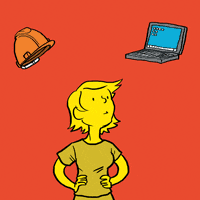

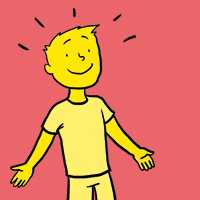
Me & My Senses
Relevant to practitioners working in Health, Social Care, Third Sector and Education (both specialist and mainstream) settings to support holistic child and young person-centred planning and practice.
Specifically designed communication symbols help children and young people to think and share their views about their own sensory needs and differences. The topics covered are:
- – My spaces and things I do
- – My senses 1: Proprioception and Interoception
- – My senses 2: Vestibular
- – My senses 3: Touch, Taste, Smell, Vision, Auditory


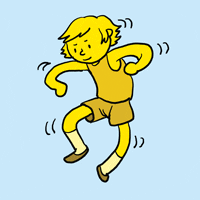
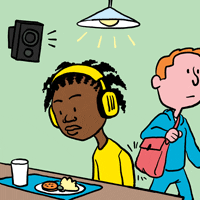
Funeral Planning
Talking about death and planning a funeral, either for ourselves or for someone close to us, is challenging and emotional.
The Talking Mats Funeral Planning Resource provides a way to begin having these conversations. The application of this resource is not limited to people with communication support needs. The emotional challenges which we all face when having this difficult conversation can be significantly reduced by using Talking Mats.
The Topics included in this resource are:
- – Funeral Planning
- – Funeral Service
- – The Eulogy
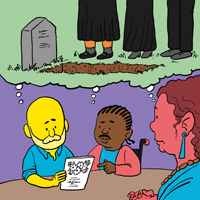
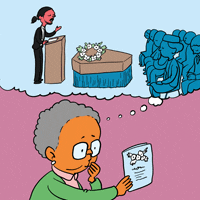
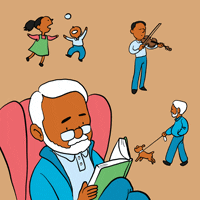
 Online training login
Online training login 



